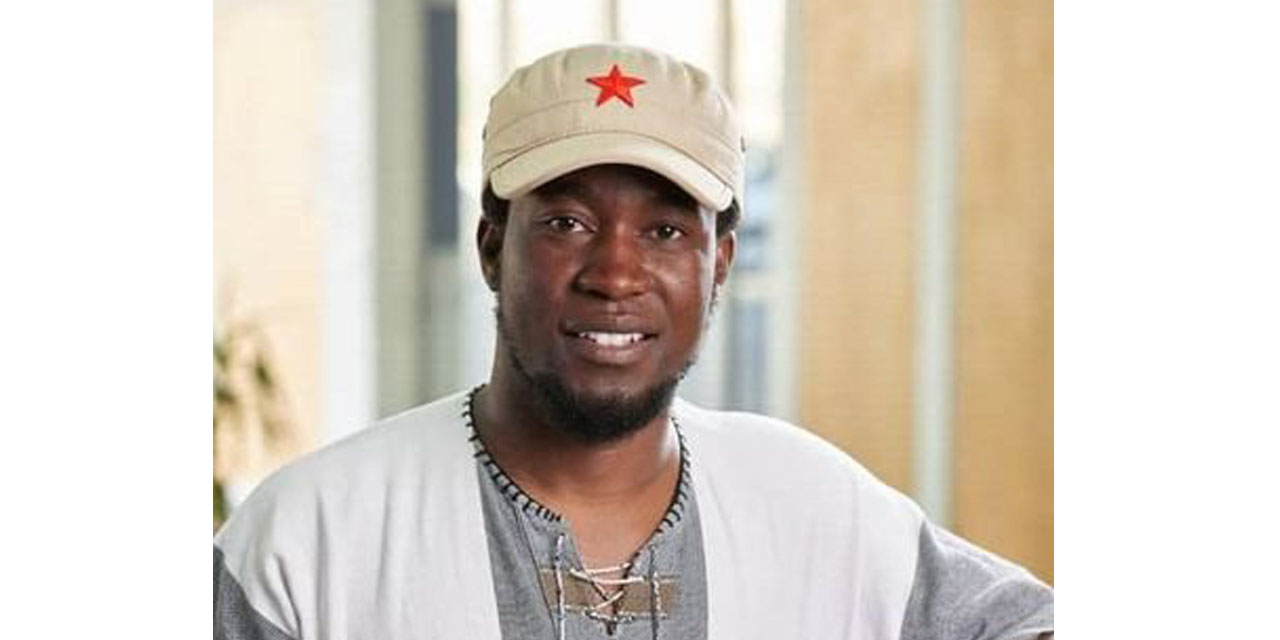Hertta-Maria Amutenja
The Affirmative Repositioning movement’s (AR) leader, Job Amupanda has requested protection from legal costs in his ongoing lawsuit against the government for the removal of the Veterinary Cordon Fence, also known as the red line.
He was seeking an order from the court that would prevent any adverse cost ruling if he loses the case during the matter’s hearing in the Windhoek High Court on Thursday.
“I pray to this Honourable Court for an order in terms of which I am protected against an adverse cost order in the event that I am unsuccessful in this matter. For fairness, I will have no objection if the court also orders that there shall also not be a favourable cost order in the event that I am successful,” stated Amupanda in a supplementary affidavit submitted to the court.
His lawyer, Kadhila Amoomo, during a court hearing, argued that Amupanda faces significant financial constraints compared to the defendants.
“All defendants’ representatives have the financial capacity. Finance may tilt against Amupanda, who relies on young lawyers and advocates. Looking at the salary and allowances, it is still too little to finance litigation on this matter,” he said.
He highlighted that the imbalance in resources puts Amupanda at a disadvantage.
The request stems from a comparison between Amupanda’s limited financial resources and the defendants’ substantial financial strength.
In the court documents, Amupanda disclosed his financial situation, which includes his income as a senior lecturer at the University of Namibia, earning a net monthly salary of N$27 000, and his role as a member of the Windhoek Municipal Council, where he receives monthly allowances ranging from N$28 000 to N$38 000.
Amoomo said his total monthly income fluctuates between N$50 000 and N$65 000, while his monthly expenses amount to N$53 311, leaving minimal disposable income.
Amoomo argued that despite Amupanda’s income, his financial commitments, such as family contributions, fuel costs, and construction projects, further strain his financial capacity.
The defendants in this case are the Minister of Agriculture, Water and Land Reform, the Attorney-General, the Government of Namibia, the Meat Board of Namibia, the Namibia Agricultural Union (NAU), and several wealthy business figures.
Amupanda’s affidavit highlights the financial contrast between himself and the defendants, noting that the government defendants have access to vast public resources.
The Meat Board of Namibia is funded by levies and legislation, while the Namibia Agricultural Union receives donations from the Meat Board.
The sixth and seventh defendants are individuals with significant wealth, owning businesses like Fly Namibia and Savanna Beef Processors Limited.
Amupanda argued that the litigation costs of the defendants, which range from N$178 000 to over N$2 million for various legal proceedings, far exceed their monthly and annual income.
The case dates back to 2021, when Amupanda filed a lawsuit challenging the constitutionality of the Veterinary Cordon Fence, also known as the Red Line, located at the Oshivelo checkpoint.
The Red Line is a pest-exclusion fence that has historically separated northern Namibia from the central and southern regions.
Amupanda claims that the fence is an unconstitutional, colonial-era structure that controls the movement of people and animals from the country’s northern regions to its southern regions.
He argues that the fence is not sanctioned or provided for by any current Namibian law.
Last week, the minister of agriculture, water, and land reform, Calle Schlettwein, submitted a proposal to gradually remove the Red Line.
The announcement was made by the deputy minister of information, communication and technology, Modestus Amutse, who stated that Cabinet had approved the phased removal of the fence and the creation of new veterinary cordon zones to maintain disease control.
Amutse also announced plans for a feasibility study and construction of new veterinary fences and gates over the coming years.
The court postponed the hearing to Tuesday, 8 October, and expects to deliver the ruling on Amupanda’s cost order application on Tuesday, 22 October.
Amupanda’s request for cost protection is still pending, and the court expects to rule on her cost order application on October 22.




